
1. If you're looking for a new buddy, consider adopting from your local shelter or search on Petfinder.

2. The average lifespan of a cat is 13 to 17 years, but a lot of cats have been known to live over 20.

3. Do not declaw your cat.

4. Cat overpopulation is a huge problem so it's extremely important to ALWAYS spay and neuter your kitties.

5. Get everything on your supply list before you even bring your cat home.

6. When cats scratch they actually shed their outer nail to reveal the fresh claw underneath, so they need to scratch to keep those paws healthy.

7. So make sure you get a scratching post that's at least three feet high!

8. Cut your cat's nails every two to three weeks so they stay somewhat blunt and therefore cannot damage you or your furniture.

9. Take your time when introducing your cat to your new home.

10. Designate a quiet, special room just for your cat.

11. If you have other pets, make sure you introduce your new kitty gradually.

12. All indoor cats need a litter box.
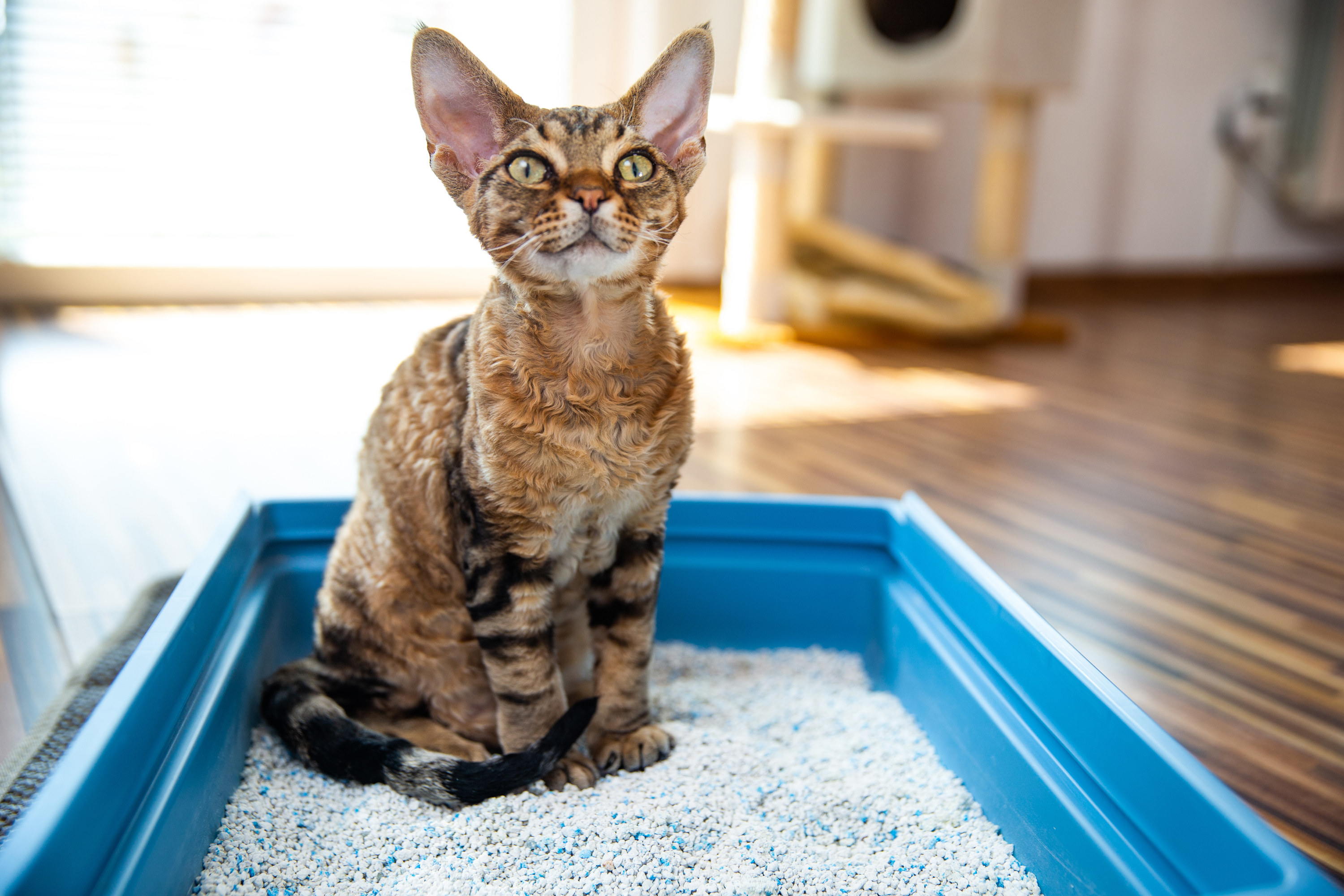
13. Remember that cats won't use a messy litter box.
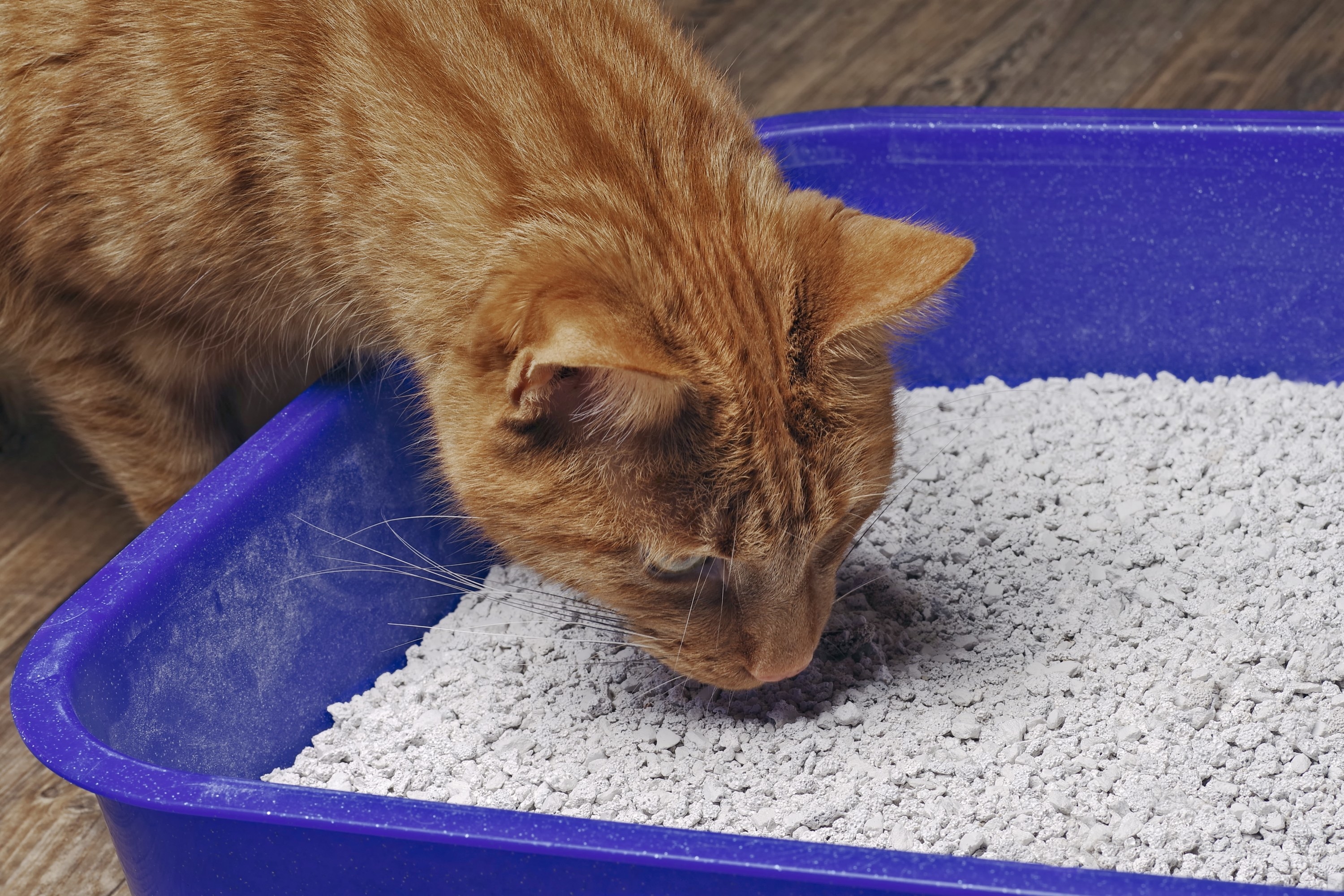
14. Establish a routine early on.

15. Keep your feeding scheduling consistent every single day.

16. There are many house plants that could be toxic to your cat.

17. Grapes, raisins, avocado, yeast dough, and raw meat are all harmful to your cat.

18. Milk will actually upset your cat's stomach because most cats are lactose intolerant.

19. Cats are relatively clean but if you brush and comb your cat frequently, it will reduce the amount of hairball incidents you run into.
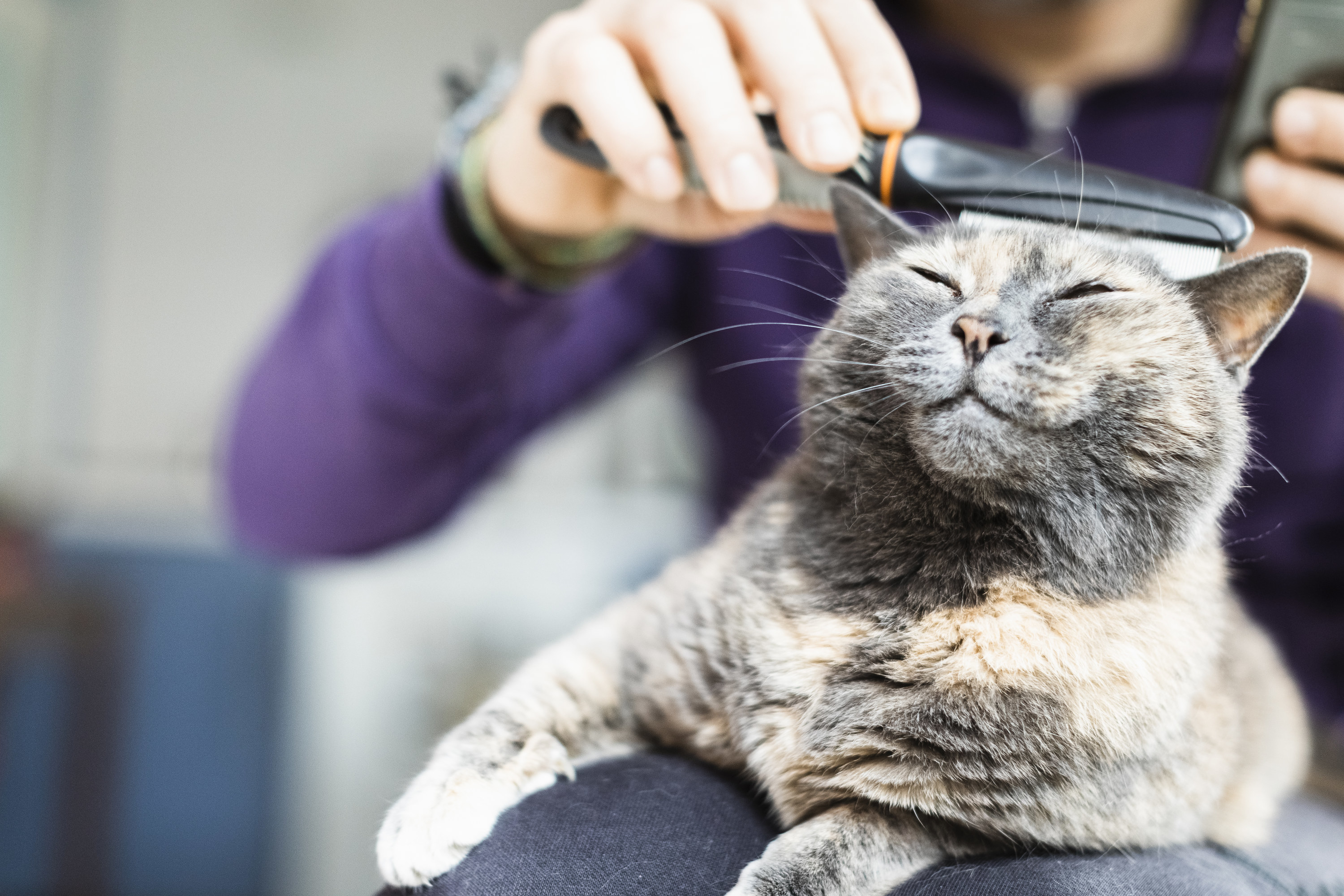
20. Meows are hardly heard between two cats — so pay attention when your kitty is meowing, because he's talking to YOU.

21. To clean your cat's ear, place a bit of ear cleaner recommended by your vet on a cotton ball and "gently wipe away any earwax or debris."

22. Brushing your cat's teeth can be a difficult task, but it should be done as often as possible.

23. The pads on your cat's feet are highly sensitive.
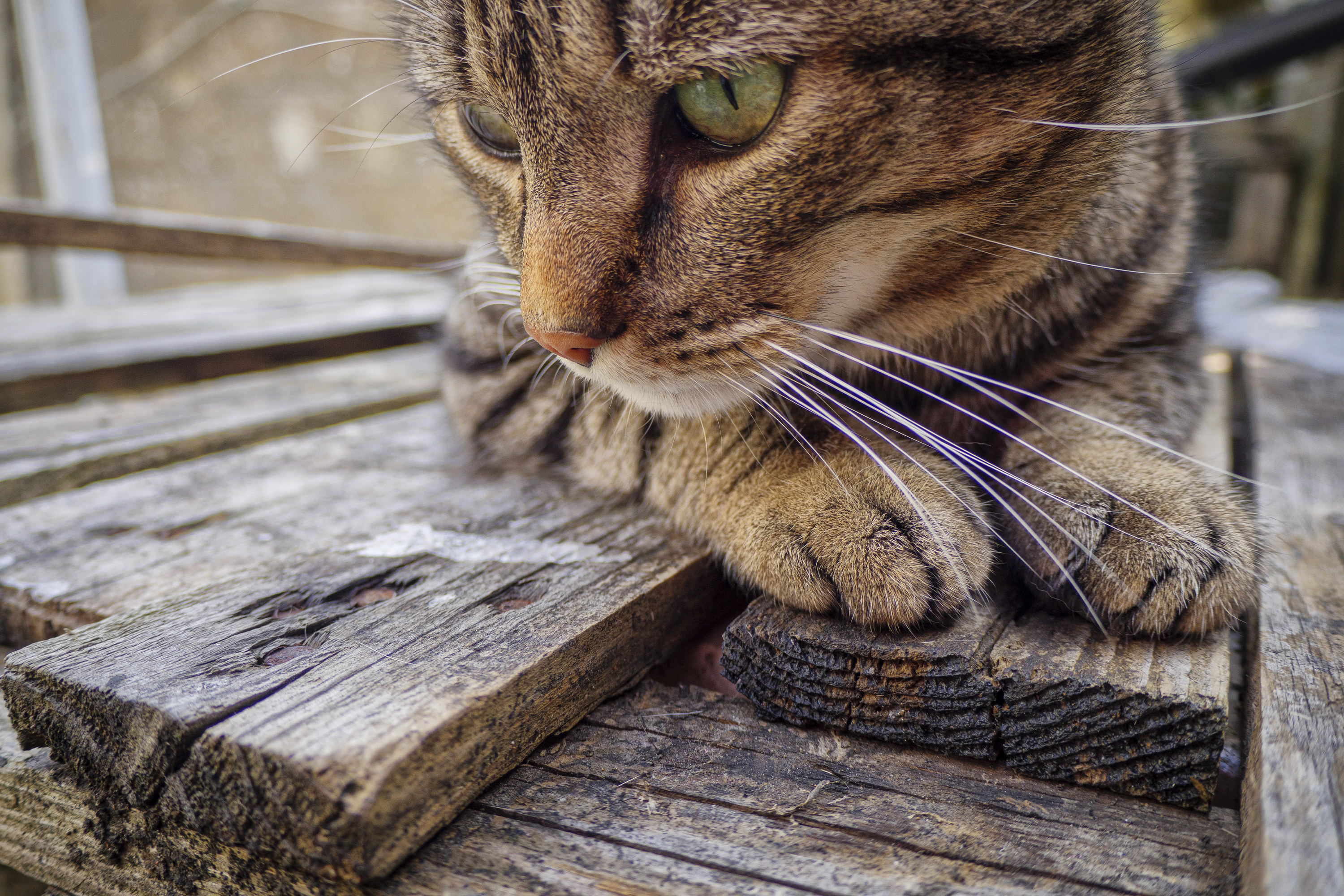
24. Keep your cat's eyes clean by taking a damp cotton ball and wiping away any debris or gunk around his eye.

25. Water is the most important nutrient for your cat so make sure your little buddy has access to it at all times!
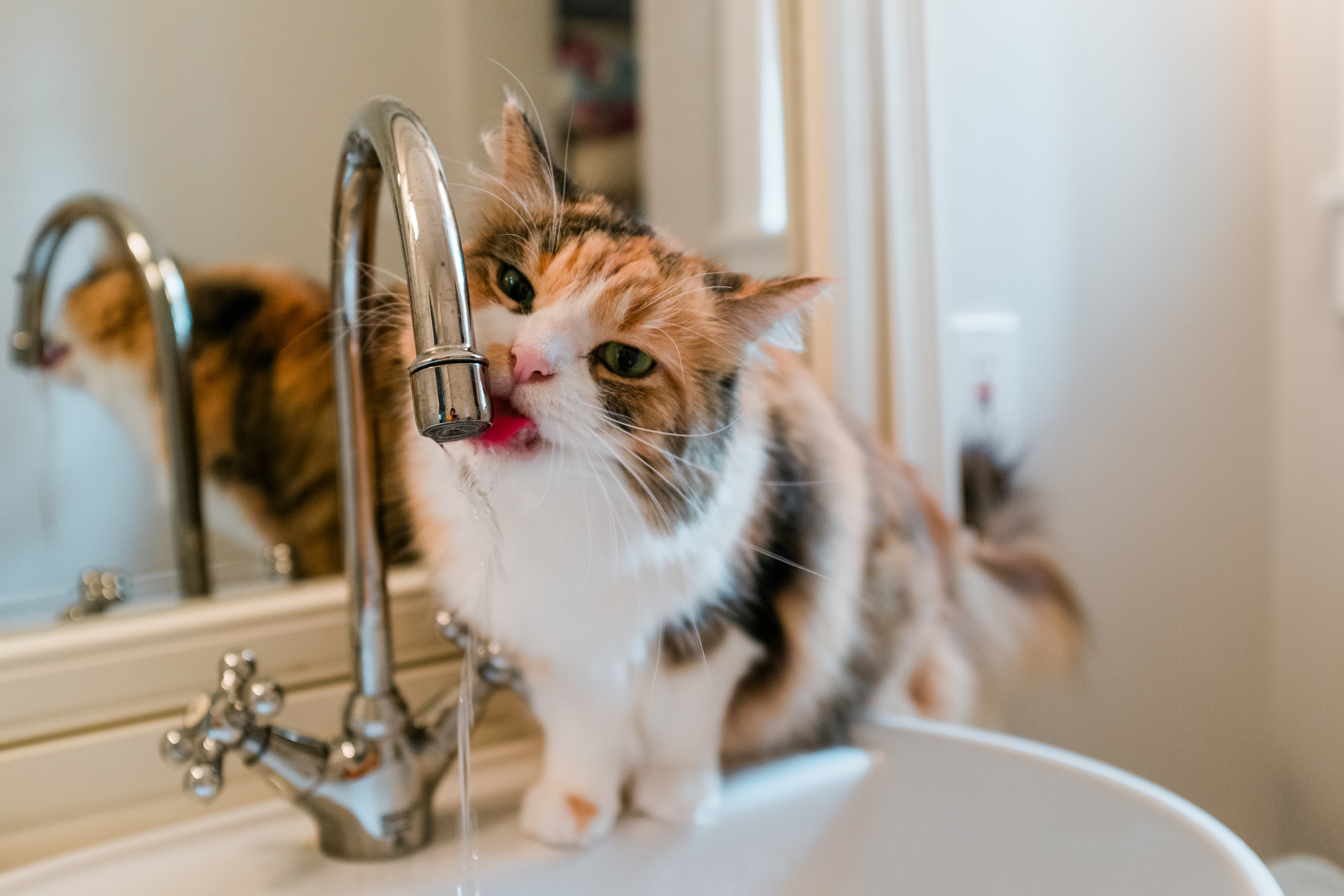
26. Letting your cat outside is NOT recommended unless you have a harness and lead.

27. Check your cat for fleas and ticks weekly, and talk to your veterinarian about the best flea and tick control for your cat.

28. Check with your veterinarian about the necessary vaccinations as well.
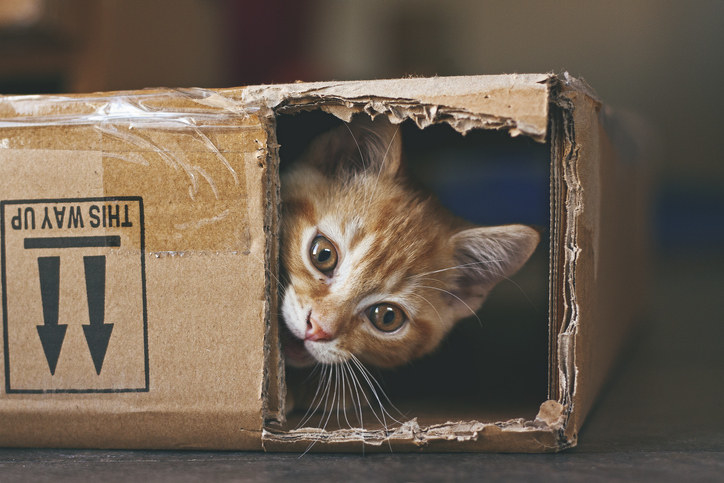
29. Be aware of Feline Urological Syndrome.
Both female and male cats are capable of developing "lower urinary inflammation." Symptoms include frequent litter box trips, pain or difficulty urinating, and sometimes blood in the urine. Keep an eye on your kitty!
30. Trick: If you have a kitten and he doesn't want to eat, try "soaking his kitten food in warm water."

31. Consider microchipping your cat, so you'll never risk the chance of losing your best buddy.

32. Cats love to play predator and pretend to stalk prey, so get lots of toys to keep your kitty happy!

33. Since cats come with built-in grooming supplies, they don't often need baths.
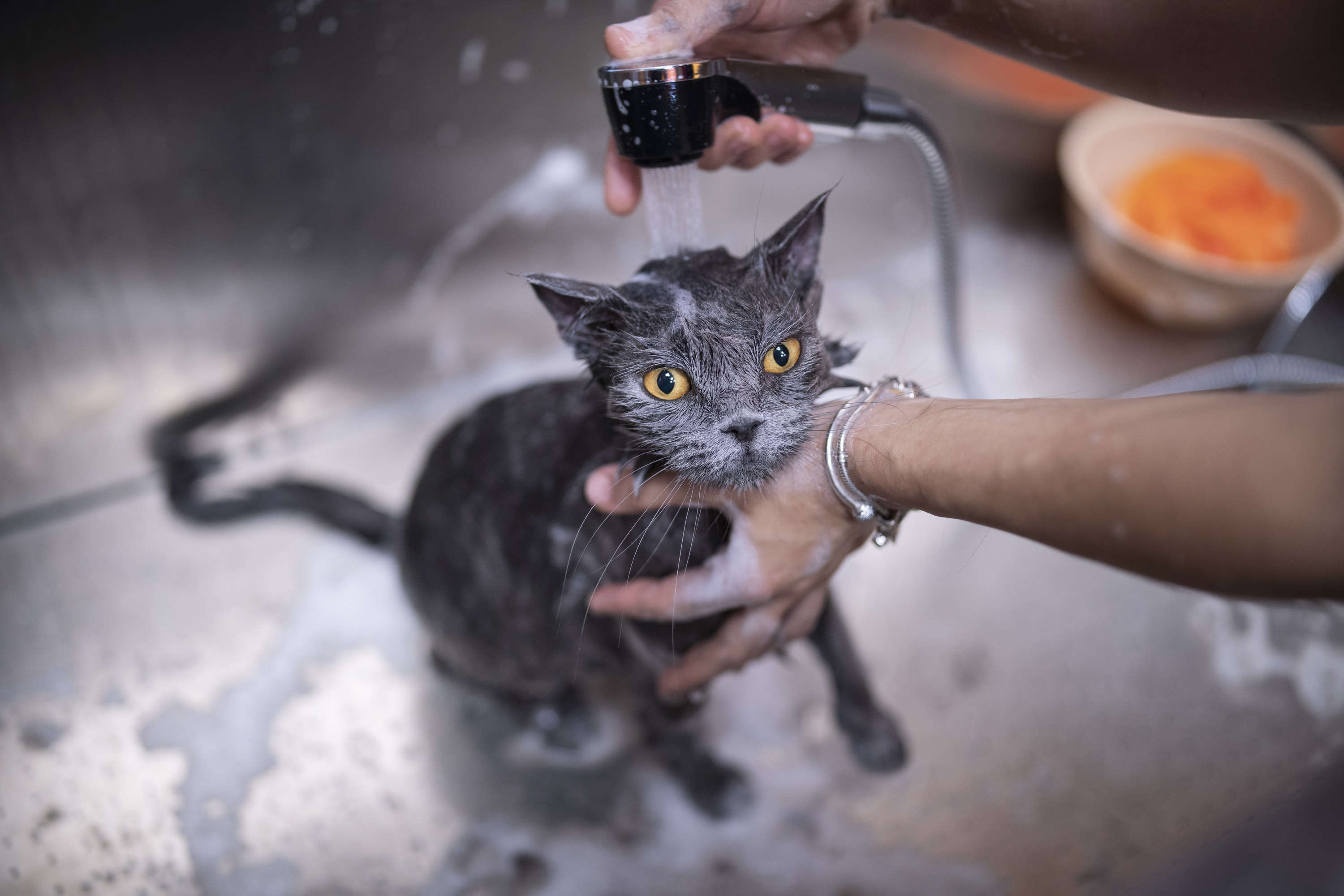
34. According to the ASPCA, average yearly cat care costs about $600.

35. Consider insuring your cat so you're covered in case an emergency DOES happen.

36. Make sure ALL of your windows have screens!

37. Keep the Pet Poison Control hotline in your contacts.

38. Find the closest 24-hour emergency vet in your area and keep their information handy.

39. Most of all, be patient and give lots of love to your new kitty! It may take her a little while to get used to her new environment, but you're in store for A LOT of love.


